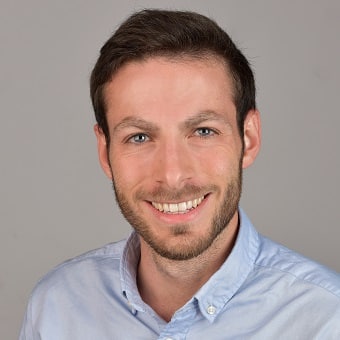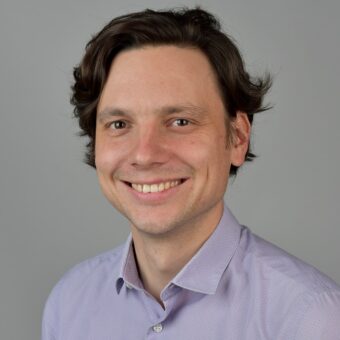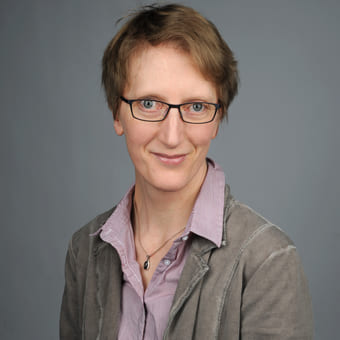Date:
March 28 - 31, 2022
Location:
Language:
Berlin-Mitte in the Langenbeck-Virchow House
English
Abstract:
Multi-vendor test automation to support process automation
The laboratory of the future consists of an increasing number of connected devices and software applications that must interoperate with each other (e.g. LIMS, eLN, workflow schedular, lab instruments, mobile robots). While the software and interfaces are individually checked (tested) by the vendors, it is up to the user, or a third party integrator, to ensure the proper operation of the devices and software applications among each other. Updates to one or more systems can quickly disrupt automated processes. However, no updates mean an increasing security risk in the connected lab of the future. To ensure the robustness especially of automated processes, they must be re-tested after each update to check the interoperation of each entity involved, ideally all the way up to the user level, i.e., at the user interface level (GUI). This complex testing procedure is hardly feasible in the required cycles and time and must be automated to enable secure and robust automated processes.
Therefore, automated testing on GUI and application interface (API) level has a high potential to increase process security, robustness and flexibility and is therefore a key for a high throughput R&D and low idle times in production.
Here we present the possibilities of automated testing. As an example, we use a state-of-the art bioprocess automation with multiple instrument vendors, in combination with third party and homemade software applications and transfer it further in a regulated environment.
More details about the event can be found here.
Our talks and presentations:
March 30, 2022 at 3:55 pm
Our experts:

Jan Dahinden
Data Science Consultant at wega Informatik AG, Switzerland.
Jan has a double degree in Computational Biology and Bioinformatics from ETH Zurich, the University of Zurich and the University of Basel.
In his early career, he focused on the application of machine learning models for antibody discovery in silico and on the optimization of therapeutic antibodies through deep learning.
In 2020, Jan joined wega as a data science consultant, where he helps companies make the best use of data science applications. His interests span the entire field of data science and include the automation of various processes, applications of machine learning in the life science industry, visualization of data and processes and much more.

Sebastian Gross
Dr. Sebastian Groß is a consultant at wega Informatik (Deutschland) GmbH with a focus on laboratory automation, device integration, laboratory digitization and data management. As a qualified biotechnologist, he has a comprehensive understanding of biological and technical processes. During his doctorate, he set up a high-throughput cultivation system for the development of bioprocesses, modeled it and combined automation and modeling to create an autonomously operating system. Since joining wega in November 2021, he has remained true to his passion for improving laboratory processes through smart digitalization processes and connectivity.

Sabrina Leuenberger
Dr. Sabrina Leuenberger works as a Business Analyst and Test Engineer at wega Informatik AG, Switzerland.
Sabrina holds a double qualification in Biology and Business Informatics from the University of Basel and the University of Applied Sciences Northwestern Switzerland.
Her interests focus on the definition of IT solutions in the life sciences sector for different needs and with different objectives, especially in the context of digitalization.
Starting with the strategy and using business analysis methods through to the concrete description of the final solution using executable test cases, it works to create added value that integrates seamlessly into the existing system landscape.
